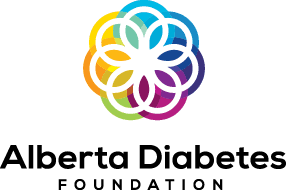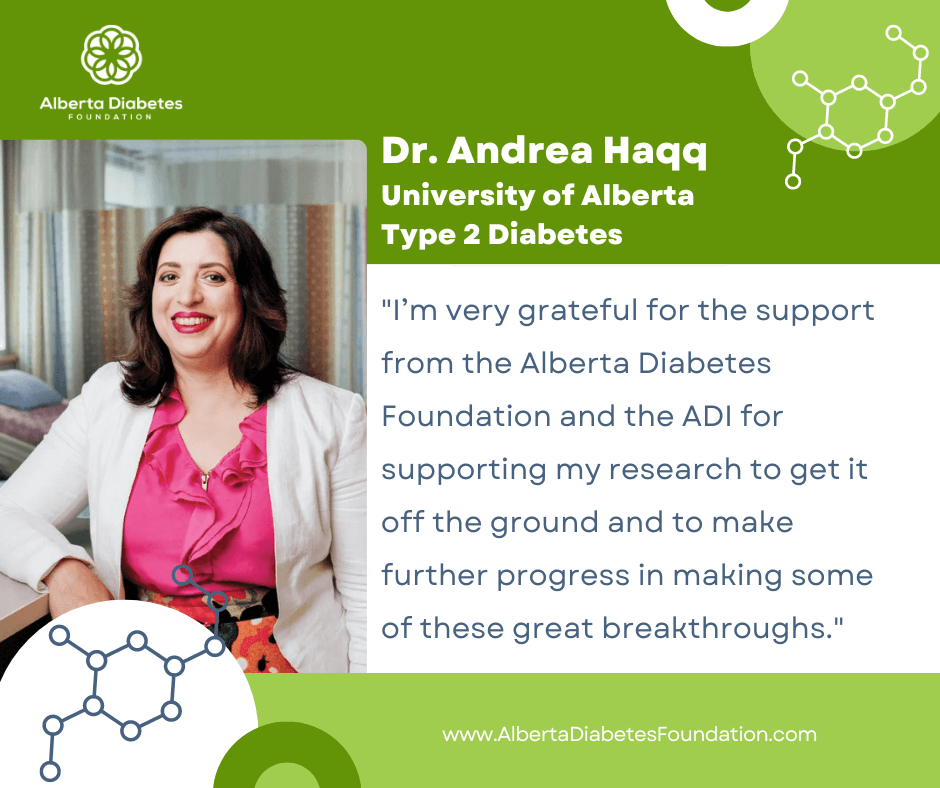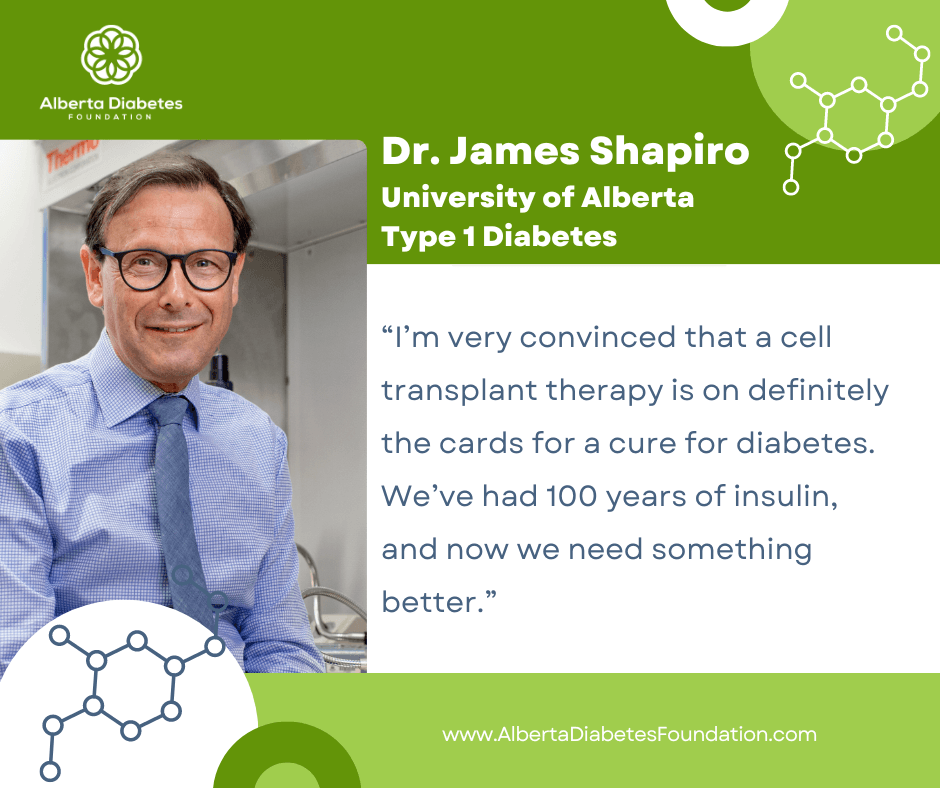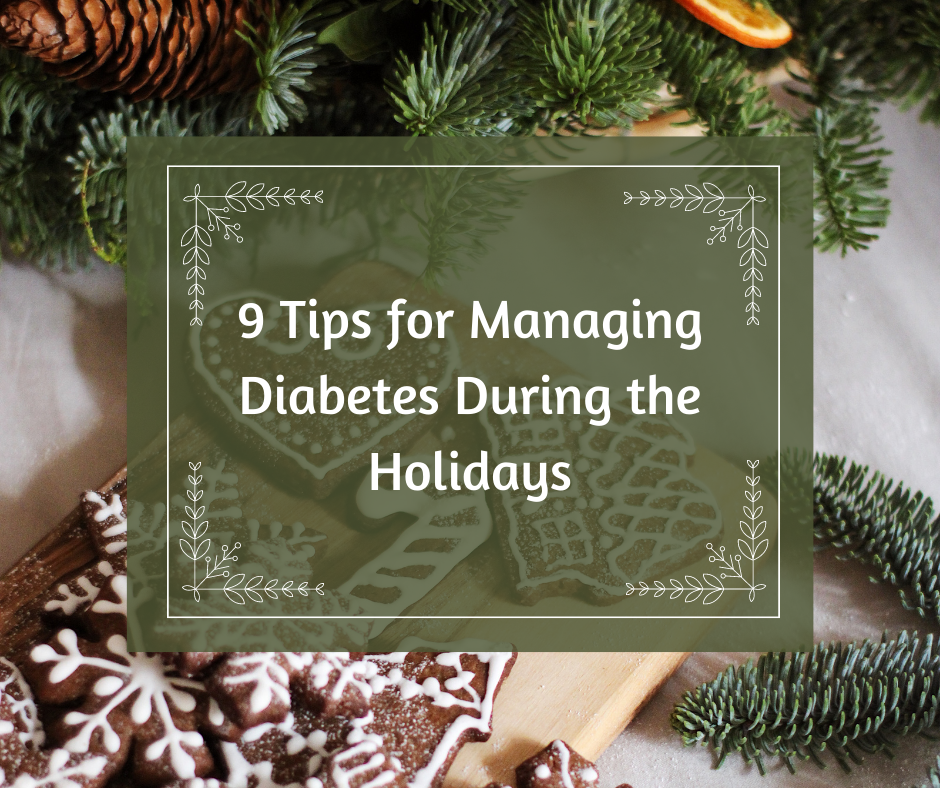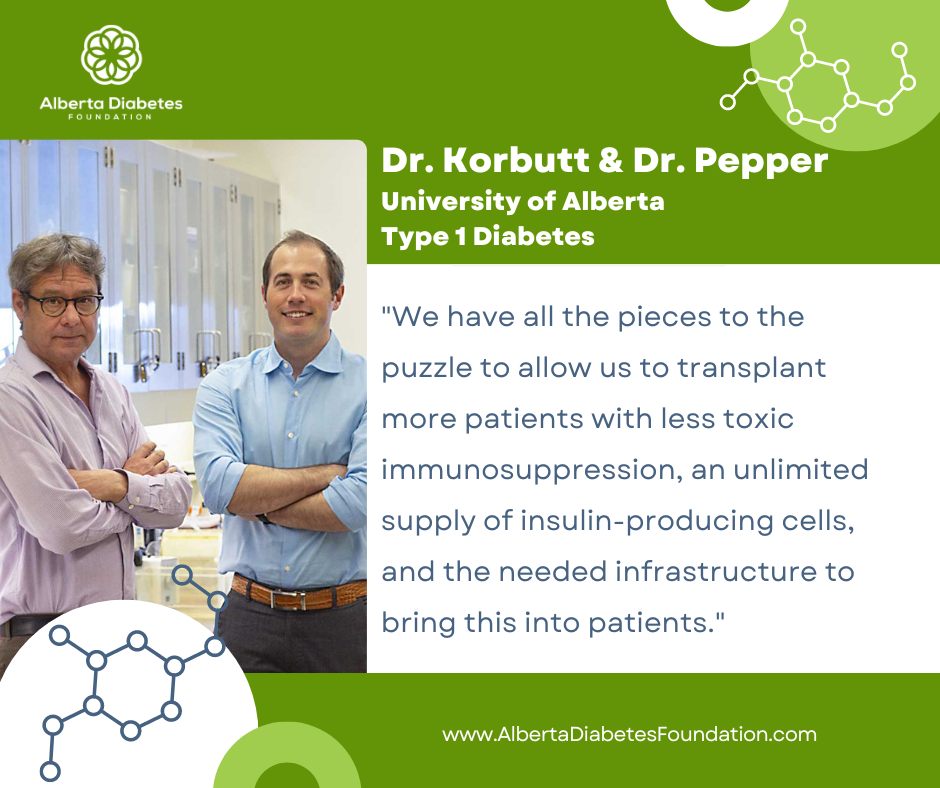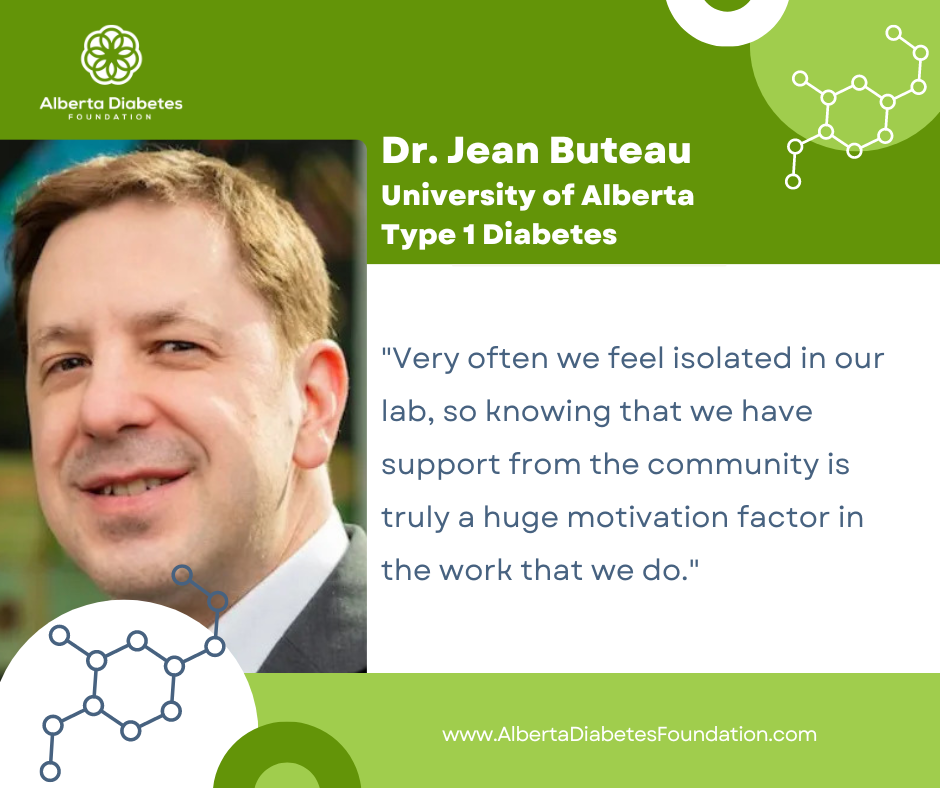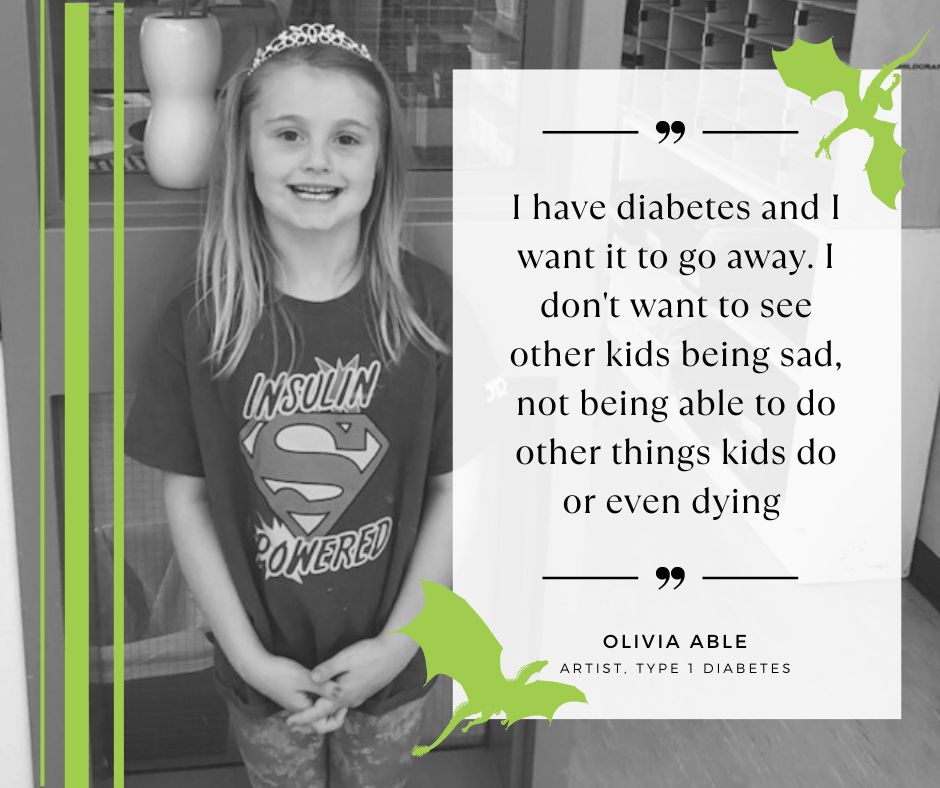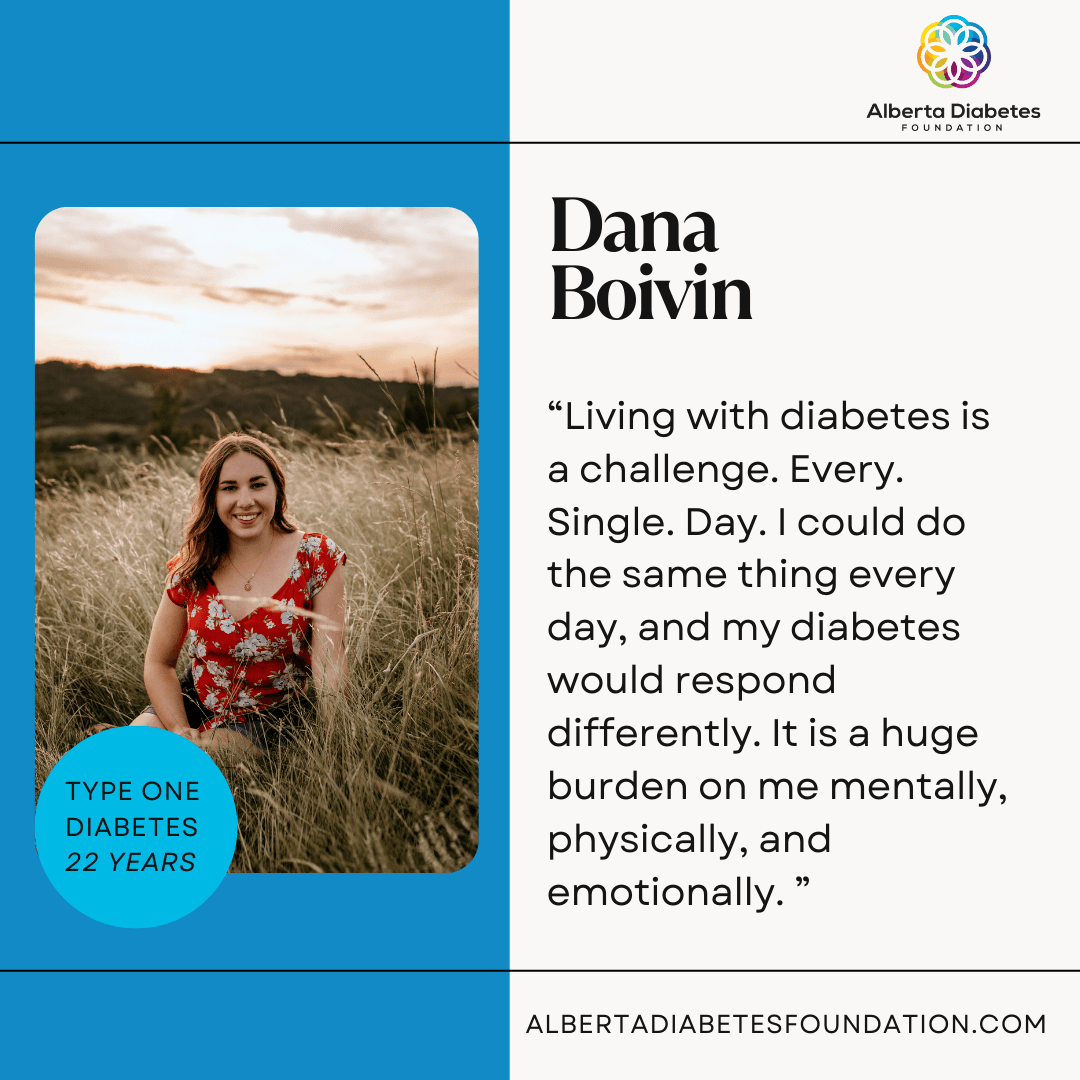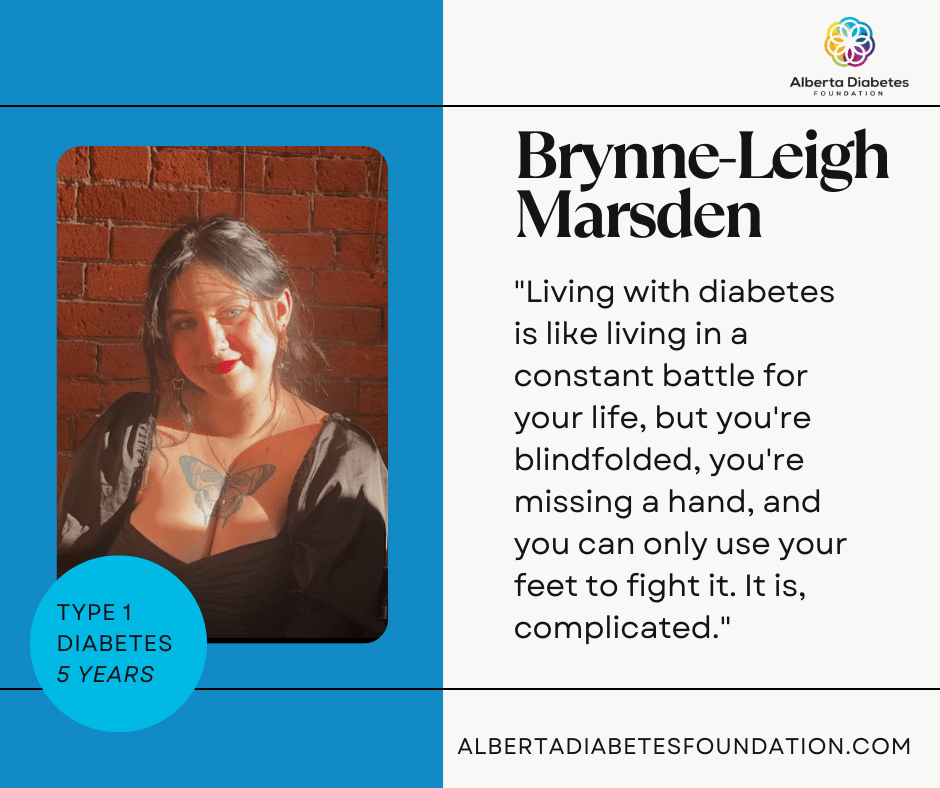Extraordinary Eggs
Article by Erika Brown, Registered Dietitian
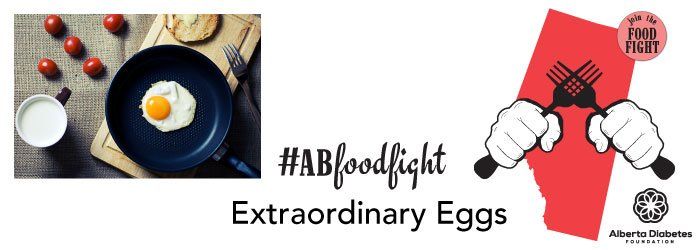
I don’t want to sound like an old hen here, but it’s a shame how eggs have been exiled from our plates for the last couple of decades. Many have opted to ditch the yolk or shell out money for egg substitutes.
But scientists have worked hard to unscramble the facts about dietary cholesterol and heart disease. What they found is that eggs are far from the dietary demons they're cracked up to be.
Egg-cellent News
It’s true: whole eggs and egg yolks are high in cholesterol. But what we didn’t know when we started clucking about eggs is that cholesterol from food has relatively little impact on blood cholesterol ( 3 ). In fact, most of the cholesterol in our blood is made by our liver, not by our lunch.
Studies show that, for healthy people, eating an egg a day does not increase the risk of heart disease ( 2 , 4 ). It’s actually saturated and trans fats that are the real culprits that can do harm to heart health. So it's likely not the eggs, but more their wing men (think bacon, sausage, biscuits and butter) that we need to watch out for.
One more important piece of information to shell out: If you have heart disease or diabetes, speak to your Doctor or Dietitian about cholesterol and fat intake recommendations based on your specific needs.
The Sunny Side of Eggs
When it comes to nutrition, eggs are hard to beat. One large egg packs in 14 essential vitamins and minerals, all for just 70 calories ( 1 ). Eggs are one of the few foods that naturally contain vitamin D , along with iron , zinc , vitamins A , E and B-vitamins.
They’re also loaded with disease-fighting nutrients like choline , lutein and zeaxanthin. The latter two help ward off age-related eye disease while choline is a key ingredient in brain function.
Another good reason to put eggs back in your breakfast is that each egg serves up 6 grams of high-quality protein , making 2 eggs equal to a serving of meat. Protein not only helps keep you full and energized all day long, it also helps regulate our blood sugars and staves off muscle loss as we age.
Get Cracking
There’s no shortage of local eggs with 179 registered egg farmers in Alberta. And there’s no such thing as a bad egg. Whether they’re white or brown, organic or conventional, all eggs have a similar nutrition profile. The only exception is eggs that come from hens fed a diet enriched in flax seeds, which has more omega-3 fatty acids.
At around 20 cents each, eggs are an affordable way to get high-quality protein into any meal. Try some of these easy and convenient ways to add eggs to your diet.
- Beat a raw egg with a little non-fat milk, pour it into a microwave-safe mug and heat for 30 seconds. Voila! A perfectly cooked egg in a mere minute.
- Chop up hard-boiled eggs into quarters and sprinkle them over mixed greens.
- Egg custards are a delicious way to add a little nutrition to your dessert.
- Stuff a whole wheat tortilla with scrambled eggs, black beans and diced peppers for a healthy option any time of the day. Add some grated cheese, salsa and cilantro for extra flavour.
- Frittatas and omelets are fast and easy to assemble. For a quick and easy recipe check out the Garden Fresh Frittata recipe from the Pure Prairie Eating Plan cookbook
Well, what are you waiting for? Get cracking!
References
1) Health Canada, Canadian Nutrient File (2015). Egg, chicken, whole, cooked, boiled in shell, hard-cooked . Accessed April 30, 2017 from https://food-nutrition.canada.ca/cnf-fce/index-eng.jsp.
2) Hu, F.B. et al (1999). A prospective study of egg consumption and risk of cardiovascular disease in men and women. JAMA ; 281 (15): 1387 – 94.
3) Lecerf, J. & De Lorgeril, M. (2011). Dietary cholesterol: From physiology to cardiovascular risk. British Journal of Nutrition ; 106(1), 6-14. doi:10.1017/S0007114511000237
4) Qureshi, A.I. et al (2007). Regular egg consumption does not increase the risk of stroke and cardiovascular diseases. Med Sci Monit ; 13 (1): CR1-8.
LET'S WORK TOGETHER TO FIND A CURE.
VISIT US
1-020 Li Ka Shing Centre
University of Alberta
Edmonton, AB, T6G 2E1
Office Hours
Monday-Friday 8:30-4:00
If you would like to set up an appointment at our office, please set up an appointment by contacting us at
info@abdiabetes.com
